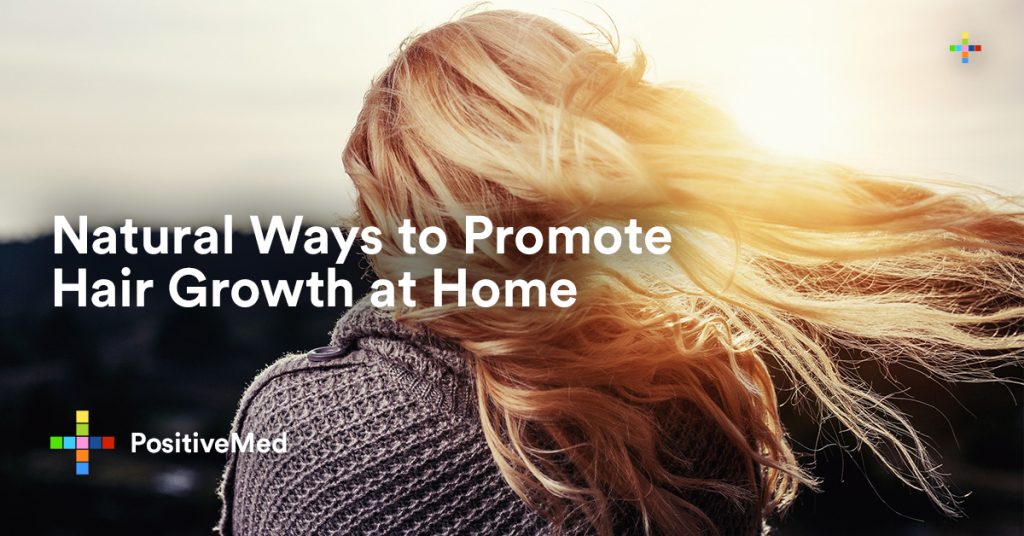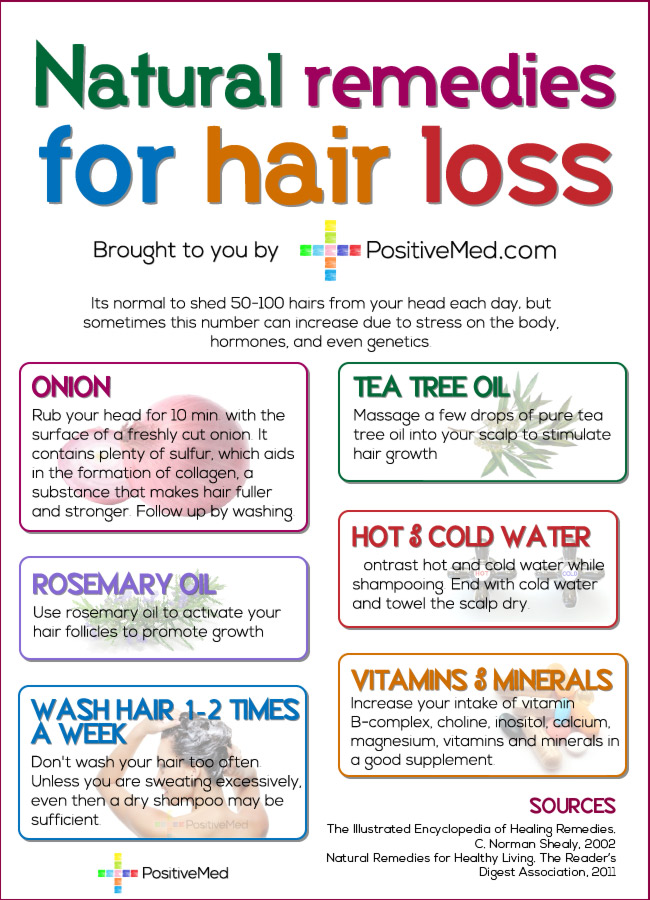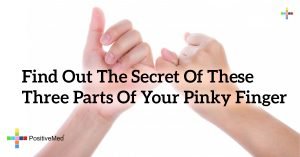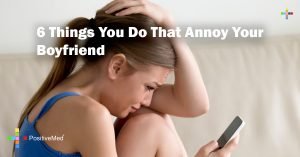Maybe you have noticed your hairbrush is full of loose strands every morning, or maybe you struggle to achieve a full body look. Perhaps your hair is brittle and dry. Hair loss can be caused by many different factors, some of which can be addressed by a professional hair growing product. Whether you are using a hair growth treatment or not, you can still promote hair health at home with these natural techniques and supplements.

Better Brushing
Believe it or not, there are better ways to brush hair. Don’t take this simple task for granted. Using an inferior brush can tangle and break hair, creating unwanted frizz (or hair loss). A paddle brush is a good all-around option. Start brushing from the bottom to keep tangles from getting bigger. Remember not to brush your hair when wet either. Wet hair shafts are weaker than dry hair, and easier to break. Slick it back and wait until your hair is dry.
Support Your Scalp
As mentioned above, professional treatments can increase hair growth starting from the scalp. There are many topical and surgical treatments available. You can also learn how to baby your scalp daily, to promote hair growth with or without additional treatment. Wash your hair every two to three days with a mild shampoo. More frequent washing can dry out your scalp, while less frequent causes build up.
Condition your scalp, not just your hair. Add a little extra for a dry scalp, think of it like lotion for your head. Try occasional essential oils like lavender, tea tree, or rosemary; however, remember to properly dilute these tinctures in a carrier oil to avoid chemical burns or scalp damage.
Cleanse and exfoliate monthly. Even the best products will cause residue to build up over time. Clarifying shampoos are a great option, removing residue from both scalp and hair strands. There are exfoliating scalp masks, as well as brushing techniques that can help relieve clogged follicles.
Hormone Replacement Therapy (HRT)
HRT is a treatment sometimes provided to women who are either post-natal or post-menopausal. These conditions create a loss of natural estrogen, which can also trigger hair loss. HRT does not prevent women from using additional hair loss treatments but can help contribute to overall hair and scalp health. Men may also take hormones, such as testosterone. Hormone therapies are designed to replace naturally existing hormones that are no longer being produced by the body and are best used after consulting with a medical professional.
Feed Your Head
A healthy diet will not only help create glowing and healthy tresses, it will help your body look good both inside and out. Try a hair-friendly diet to maximize your hair growth and appearance. Eat items high in zinc and iron, like a grass-fed steak or burger. Protein also promotes cell growth and repair. Don’t forget the fish though, as a surf and turf can add omega-3 fatty acids that promote silky, hydrated hair.
Supplements like vitamin D have also been reported to activate hair growth. Found in limited supply in food, sunshine and nutritional capsules are often used to boost this vitamin. Biotin is a B vitamin that can be taken in supplement form and is also found in eggs.
Cuts and Color
Unfortunately, getting your hair trimmed won’t actually make it grow faster. Hair follicles are not directly affected by scissors. Regular haircuts will, however, leave you with longer and smoother looking locks. Neatly trimmed hair will avoid split ends that can continue on up the hair shaft. Too many split hairs will create a thinner and shorter look.
Color can also damage your hair and scalp health. Hair dyes usually use chemicals like ammonia and peroxide. Ammonia lifts and separates the hair cuticle, while peroxide removes the color. Both of these things can create dry and brittle hair often referred to as straw-like. Gentler, ammonia-free dyes do exist, however, less damage does not equal NO damage. If you have strong concerns about your hair health, dying is best avoided.
There are many ways you can naturally boost your hair health. Whether it’s your daily cleansing and brushing routine, or the food and vitamins that you eat. Be aware of hormonal hair growth issues, as well as damaging cut and color practices. Daily habits like these can often be used in conjunction with medically prescribed or surgical hair treatment. If you are concerned that your hair issues may have an underlying cause, or that hair growth is still a problem, consult a medical professional.








